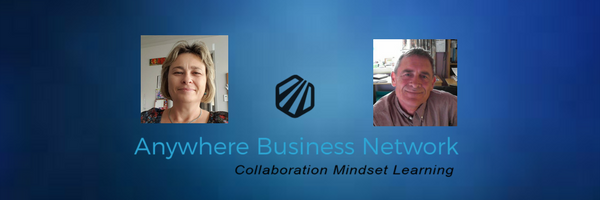Who are they?
The millennial generation, born between 1980 and 2000 now entering employment in
very high numbers, will shape the world of work for years to come. Attracting the best of these millennial workers to your business, as an employee or consumer, is critical to the future of your business. Their career aspirations, attitudes about work, and knowledge of new technologies will define the culture of the 21st century workplace. Simon Sinek covers it well in the video above.
Why does it matter?
Millennials matter because they are not only different from those that have gone before, they are also more numerous than any since the soon-to-retire Baby Boomer generation – millennials already form 25% of the workforce in the US and account for over half of the population in India. By 2020, millennials will form 50% of the global workforce (always good to have the stats).
But although they will soon outnumber their Generation X predecessors (like me), they remain in short supply, particularly in parts of the world where birth rates have been lower. They will also be more valuable – this generation will work to support a significantly larger older generation as life expectancy increases.
How do millenials see “work”?
It’s clear that millennials will be a powerful generation of workers and that those with the right skills will be in high demand. Attracting and keeping younger workers is one of the biggest talent challenges for businesses employing them. They may be able to command not only creative reward packages by today’s standards, but also influence the way they work, where they work and how they operate in the workplace.
Are they that different to past generations? It’s true to say that some of the behaviour and attributes of millennials can be explained by their age and relative lack of responsibilities. Our behaviour and priorities change and adapt as we age, but to dismiss the issues entirely on that basis would be a mistake.
What sets them apart?
Millennials’ use of technology clearly sets them apart. One of the defining characteristics of the millennial generation is their affinity with the digital world. They have grown up with broadband, smartphones, laptops and social media being the norm and expect instant access to information. This is the first generation to enter the workplace with a better grasp of a key business tools than more senior workers.
It’s more than just the way they use technology its the way they behave too that makes today’s youth different. Their behaviour is coloured by their experience of the global economic crisis and they place much more emphasis on their personal needs than on those of the organisation.
Millennials tend to be uncomfortable with rigid corporate structures and turned off by information silos. They expect rapid progression, a varied and interesting career and constant feedback. In other words, millennials want a management style and corporate culture that is very different from anything that has gone before – that is, one that meets their needs.
The particular characteristics of millennials – such as their ambition and desire to keep learning and move quickly upwards through an organisation, as well as their willingness to move on quickly if their expectations are not being met – requires a focused response from employers. Millennials want a flexible approach to work, but very regular feedback and encouragement. They want to feel their work is worthwhile and that their efforts are being recognised. They value similar things in an employer brand as they do in a consumer brand. These are all characteristics that employers can actively address.
Businesses like Google and Apple have been successfully attracting talented millennials because they are naturally innovative employers who are never restrained by ‘how things used to be done’, their culture, management style and approach to recruitment and retention naturally appeal to the millennial generation. And because of that, they are able to take their pick of the best younger talent around.
Irrespective of your long-term aims and ambitions for your business, it will be your ability to attract and retain millennial talent will be a vital step to the success of your business because they are not only your employees but your consumers.
In summary
Millennials want a flexible approach to work, regular feedback and encouragement, to feel their work is worthwhile and that their efforts are being recognised. They also value similar things in an employer brand as they do in a consumer brand. In other words if they buy your product they will want to work for you. If they like what you stand for, they will want to work for you. It will all be about what is in it for them. You need to learn now how to feed the machine that is here now. Interact with it (collaborate), develop a healthy mindset to working with it (mindset) and learn about how it works (learning).
Kerri Bainbridge
One half of the Anywhere Team NZ
Collaboration, Mindset, Learning


